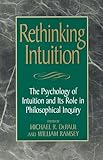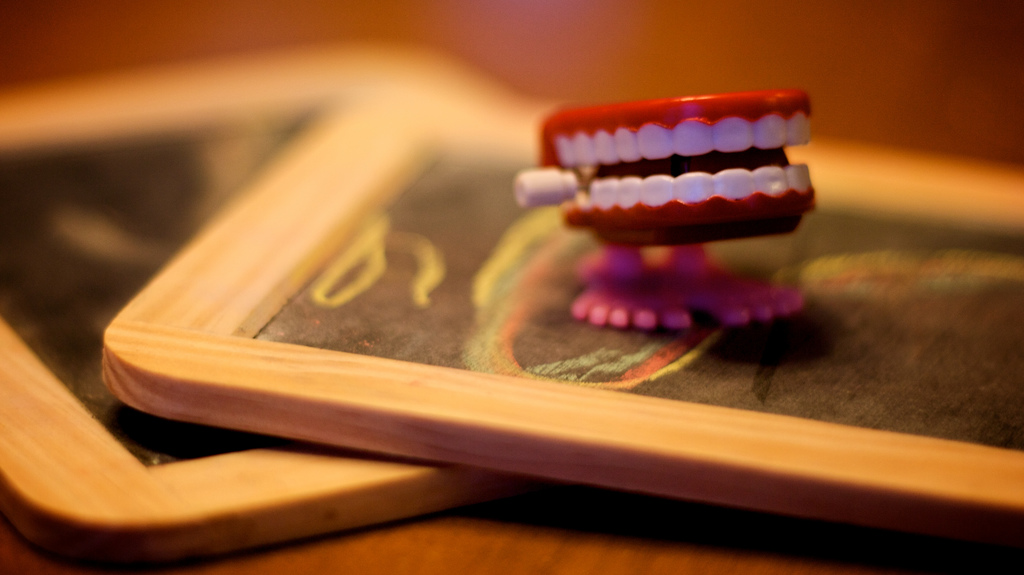In my effort to live the good life, I decided on my birthday of last year to give up soda. Several years earlier, I had made the switch to almost exclusively drinking diet soda, but so many studies have shown that the artificial sweeteners used in these sodas are not only bad for you, but likely cause you to crave more food anyway. For these reasons, I decided it was time that I stopped drink soda – it simply has no place in the good life, at least on anything like a regular basis.
I had tried quitting caffeine cold turkey in the past to some disastrous results. I didn’t want to cut all caffeine – just soda. I would still be drinking coffee and the occasional tea.
I expected to miss it, and to crave it.
However, the results of quitting were shocking to me. If I didn’t know any better, I would have thought I made a horrible choice!
For more than a month, I found that I was constantly cold, shivering, and my teeth chattered nonstop.
Not only that, but I had never been thirstier in my entire life! Maybe soda was quenching my thirst and water just wasn’t able to do it?
I can’t emphasize enough how miserable this was! For starters, I live in Mississippi, so I’m not used to being very cold anyway. Second, we were in the middle of one of the mildest winters that I can remember. I would look at the thermostat and see a number that I remember seeming very reasonable in the past, and yet, I couldn’t stop shivering. Based on external symptoms, I even started to worry that I was sick or dying. And the more water I drank, the colder – and thirstier – I got.
A lot of our beliefs stem from on our own intuitions and hasty judgments about the facts we see immediately before us. Yet, many of the foundations of philosophy are built on intuitions. Is it ok to make these types of intuitive judgments?
The whole point of philosophy is allegedly to figure out whether our intuitive judgments make sense. It’s also worrisome to me because intuitions vary sharply from person to person. – Julia Galef, Measure of Doubt
Intuitions can make a good starting point for trying to figure out the world around us, but as Julia points out, these intuitions easily vary. The branch of philosophy known as logic, which emphasizes important critical thinking skills, can help us move forward from these starting intuitions and decide if they really make sense.
All of my intuitions, not to mention my physical responses, told me that quitting soda was a horrible idea. After all, shouldn’t delicious things be better for you than tasteless things? My research and knowledge on the matter showed a different story, however. There are few, if any, reasons to drink soda when it comes to improving one’s health. Rather than getting worse, my body should be getting better. Likely, I was so dehydrated previously that I wasn’t getting thirsty anymore. I almost never drank water.
The other key piece of information I have learned that supported this conclusion is that the body will go through an adjustment phase if there is a sudden change in diet, and these changes are often in the form of physical discomfort. Based on external evidence and reasoning, I concluded that I was getting healthier and was likely only going through an adjustment. Our intuitions are often wrong.
Knowing all of this, I still worried that this change was permanent.
The question of whether this constant state of coldness was truly a step closer to the good life weighed heavily on my mind. Despite these fears, I decided to stick with my reasoned conclusion that this would a good move. But sticking to it was difficult – and a topic for another day!
Can you think of any intuitions you’ve had that turned out wrong?
For Further Reading:
The role of intuitions in philosophy is a lot more complex, and one that has only recently been discussed widely. It also has implications for the philosophy of science and how we do science. For a detailed source on the issue check out:




Hi JJ,
Found you here through facebook; I’ll have to have a look around.
I can’t think of any time in particular that my intuitions have led me wrong (my intuition right now is to say if I went wrong, I simply made a wrong judgement), but I do tend to think that just as our actions are often the product of years of habit, and the ways that we tend to think and cope with situations as well the result of years of habit, so probably are our intuitions. As we change our actions and change the way we think, so do our intuitions change. What may have just prima facie seemed good to me years in the past would not seem the same to me today because my view on myself and the world is radically different. Perhaps this is some of my latent Aristotelianism shining through….I think we change the habits we also change the thinking (but vice versa follows as well). Intuitions are no exception.
What do you think?
I definitely agree with that, I think both or ways of thinking and reasoning, as well as our background knowledge influences are intuitions, so it makes sense that if those things change, our intuitions would as well.
I have been browsing online more than three hours these days, yet I by no means found any attention-grabbing article like yours. It’s pretty value enough for me. In my view, if all site owners and bloggers made excellent content material as you did, the web will probably be a lot more helpful than ever before.